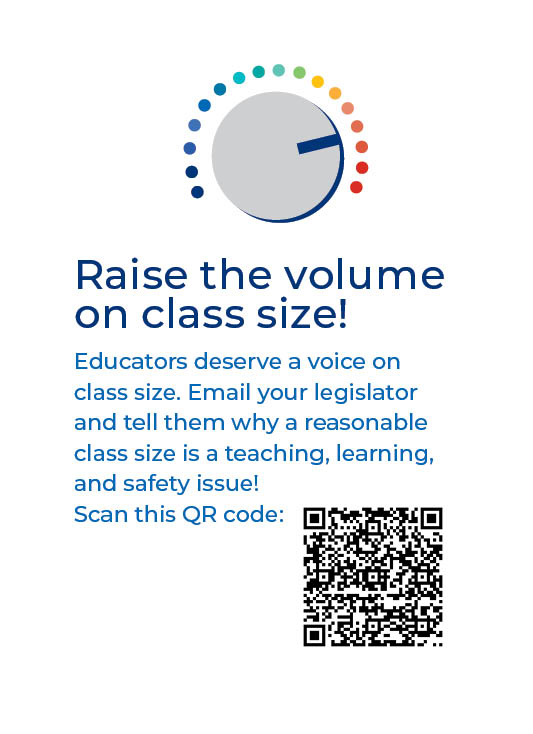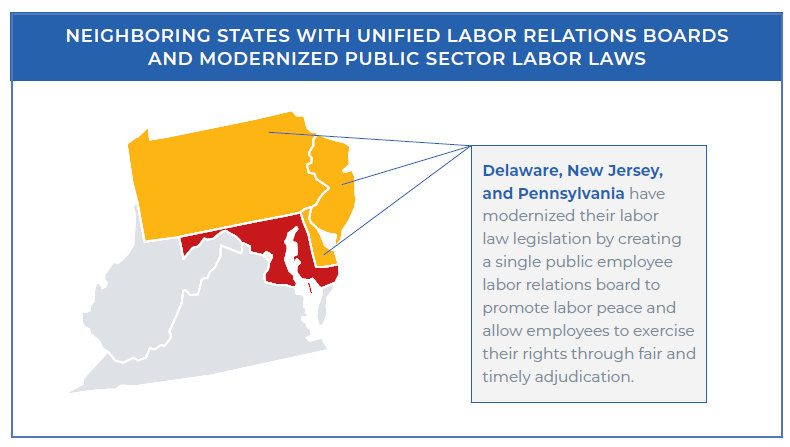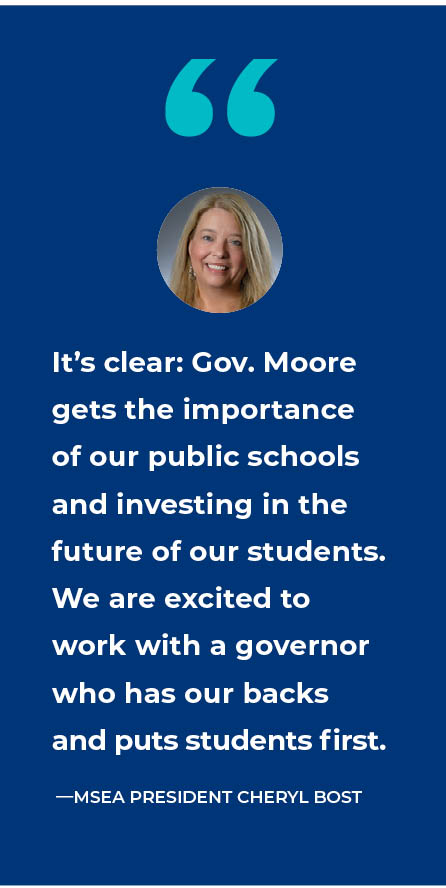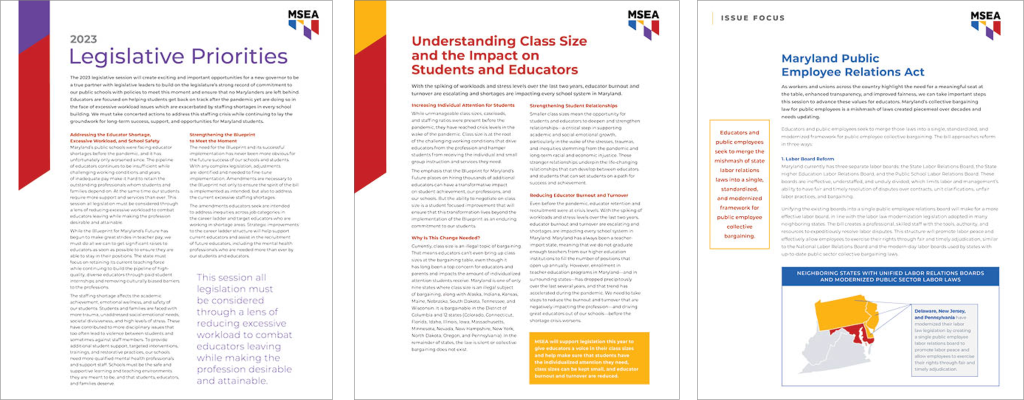2023 General Assembly
Workload and Class Size among MSEA’s Legislative Priorities
When it developed the union’s 2023 legislative priorities, MSEA’s member-led Legislative and Citizenship Committee sought to improve the extreme workload issues exacerbated by staffing shortages in every school building. The committee’s priorities also focused on strengthening the Blueprint to address the shortages through pay raises and strengthening educator voice and worker’s rights.
In a letter to the entire 2023 General Assembly, MSEA President Cheryl Bost and Chief Lobbyist Samantha Zwerling outlined these priorities and others as front and center to our policy advocacy for educators, students, schools, and communities. The priorities are:

Staffing Shortages and the Educator Pipeline While the Blueprint for Maryland’s Future has begun to make great strides in teacher pay, we must do all we can to get significant raises to educators as soon as possible to ensure they are able to stay in their positions. The state must focus on retaining its current educator work force while continuing to build the pipeline of high-quality, diverse educators through paid student internships and removing culturally biased barriers to the professions.
Contact your legislators about class size. Click here or use the QR code at left.
The staffing shortage affects the academic achievement, emotional wellness, and safety of our students. Students and families are faced with more trauma, unaddressed social emotional needs, societal divisiveness, and high levels of stress. These have contributed to more disciplinary issues that too often lead to violence between students and sometimes against staff members.
Schools must be the safe and supportive learning and teaching environments they are meant to be, and that students, educators, and families deserve. This session all legislation must be considered through a lens of reducing excessive workload to combat educators leaving while making the profession desirable and attainable.
Strengthening the Blueprint With any complex legislation, adjustments are identified and needed to fine-tune implementation. The amendments educators seek are intended to address inequities across job categories in the career ladder and target educators who are working in shortage areas. Strategic improvements to the career ladder structure will help support current educators and assist in the recruitment of future educators, including the mental health professionals who are needed more than ever by our students and educators.
Improving Educator Voice and Workers’ Rights Maryland’s collective bargaining law for public employees is a mishmash of laws that have been created piecemeal over the decades. Educators and public employees seek to merge those laws into a single, standardized, and modernized framework for public employee collective bargaining.

Giving educators a voice in class size is a key component of this strengthening of labor rights. Providing the ability to negotiate class size will give educators a seat at the table to discuss how class sizes impact learning and working conditions–a discussion which is currently illegal in Maryland and only a handful of other states across the country.

Honest, Accurate, & Inclusive Education Policies There has been a troubling effort by some politicians to push bans and whitewash our history, denying children an honest education that equips them to shape a better future. We must provide every child with an accurate, honest, and inclusive education, without excluding the history or heroes of those who look like our diverse student body. And we must ensure that curricula do not marginalize or erase students of different gender identities or sexual orientations.
Governor Moore Releases 2023-2024 Budget

On January 20, Governor Moore released his first budget and the benefits of electing a pro-public education governor were immediately evident in his proposal, which included record funding of $8.8 billion for K-12 education and $1.1 billion for school construction. Moore increased per pupil funding by 9% overall and by 32% for low-income students. In a forward-looking move, he set aside $500 million of the state’s current budget surplus to fund future years of the Blueprint for Maryland’s Future. These school funding increases will expand career and technical education programs and pre-kindergarten, address educator shortages, and raise educator pay. “Governor Moore’s budget marks the beginning of a new era of commitment and leadership to ensure that every student has an outstanding public school where they can pursue their dreams,” said MSEA President Cheryl Bost.
“He also stood up for our education support professionals who make our schools work yet often go unnoticed and underpaid. The legislature passed a $1,000 retention bonus for these valued employees last year that Gov. Hogan’s budget didn’t fully fund. Gov. Moore’s budget recognized these employees and their contributions to our schools by stepping in and fully funding these bonuses that are one step in our larger campaign to improve wages, fairness, and respect for ESP.
“It’s clear: Gov. Moore gets the importance of our public schools and investing in the future of our students. We are excited to work with a governor who has our backs and puts students first,” said Bost.
MSEA’s Member and Staff Lobbyists Get to Work

Issue-specific papers from MSEA, like those above, detail our position on the many policy areas MSEA and member lobbyists bring to legislators. One-on-ones and group meetings between delegates and senators and on-the-ground educators are critical to educating legislators about the impact of their policy decisions on educators, students, schools, and communities.

Legislators in Annapolis depend on educators to help them understand the issues and policies that affect students, educators, and their communities. Educators will testify in person and virtually this year to tell legislators what policies they should put in place to improve working and learning conditions.
Learn how to support and endorse the ESP Bill of Rights at your worksite here.
Last year, Brad Fisher, MSEA’s 2022 ESP of the Year, Stacy Tayman, co-chair of the MSEA ESP Organizing Committee, and MSEA President Cheryl Bost (above left) testified before the Budget and Taxation Committee for better wages and support for support staff. The ESP Bill of Rights Campaign has picked up these issues in a member-led movement for a living wage, fairness, and respect.

